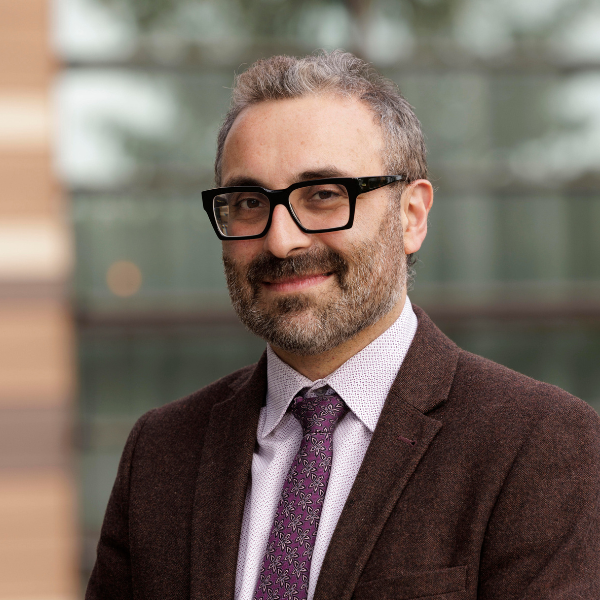
At TASO, we’re always keen to hear from the sector to learn if there is more we can do to improve our offering. The report published today by the Office for Students (OfS), Evaluating the OfS’s investment in and delivery of the Centre for Transforming Access and Student Outcomes, has given us further insight into what the sector needs from TASO.
It’s been incredibly reassuring to read the positive feedback and about the trust we’ve developed over the past few years, with some respondents going so far as to name TASO the ‘gold standard’ and ‘objective truth’. While we appreciate the supportive responses to our work, I want to reflect on the findings about how we can go further and strengthen our relationships with higher education providers.
Strengthening evidence and evaluation
As readers of this blog post will know, TASO’s mission is to close equality gaps in higher education by building evidence on what works and by driving the use of evidence-informed practice. To achieve these ambitious goals, we know we need to work closely with the sector.
That’s why our work has two key elements: first, generating and disseminating leading evidence on which initiatives are most effective; and, second, supporting and advising higher education providers to evaluate their interventions in-house. We have a host of guidance, resources and tools freely available online, and we have recently launched a bespoke training offering, so we can give more in-depth, tailored advice to providers.
It should be noted that some aspects of TASO’s work – and especially the annual thematic focus of our evidence generation – has moved on somewhat since the report was drafted, but the broader findings remain very relevant.
One key area of discussion is TASO’s championing of causal evidence, including through randomised controlled trials (RCTs) as well as quasi-experiment designs (QEDs). Causal evidence has an important role in research and evaluation: it’s the only way we can confidently say whether an activity causes a difference in outcomes. As an affiliate What Works Centre, TASO is well positioned to conduct such evaluations, sharing evidence with the sector so providers can make evidence-informed decisions about how best to direct resources to enact change.
However, we know RCTs are one piece of the puzzle, and we both conduct, and encourage, a broad range of evidence activities. We want to see the sector creating and using robust narrative and correlative evidence too. As part of our flagship projects commissioned last year on student mental health, we have included theory-based methods, working with small cohorts. Today’s report shows that the sector has an appetite for broad forms of evaluation, and we will continue to work to champion the role of causal evidence and evidence more widely, and work on a range of evaluation projects.
Responding to sector needs
We already have work in motion that will respond to some of the other recommendations – for example, the report shows our theory of change and evaluation guidance are seen as useful, practical outputs, and the sector is keen for more of this content. We are currently building an online tool that will allow providers to create a Core Theory of Change interactively, and help expand it into a comprehensive Enhanced Theory of Change. We will continue to collaborate with all parts of the higher education sector, including a new project on small providers this year. And we will, as recommended, maintain our Sector Network as a platform to support evaluation specialists and widening participation practitioners, creating further opportunities for knowledge sharing.
We’re pleased to hear that TASO has been ‘a critical resource helping providers to comply with regulatory requirements of the OfS’, with one provider saying: ‘If TASO had not existed, the necessary changes would have taken us significantly longer and would have required considerably more resourcesʼ. We want to continue being a valuable resource for providers, and working closely with you. Our Higher Education Evaluation Library in particular will create a key new opportunity for providers to share more evaluation evidence across the sector. And we would echo the recommendations in the report for providers to continue to engage with TASO, and continue to use our outputs.
We also agree with the report’s recommendation that providers should ensure the responsibility of evaluation is not solely a priority for specialists. More holistic approaches and collective responsibility can help ensure that evaluation is embedded across widening participation work, and that evidence is being created to guide decision-making.
Looking ahead
Since our inception, we have been continuously advocating for the use of higher quality and more robust evidence in the higher education sector. The (self-reported) significant increase in the frequency of evidence use in access and participation in the past three years is extremely positive. Over the coming years, we look forward to building on these successes, continuing to support the sector to deliver robust evaluation and ultimately to improve outcomes for students.